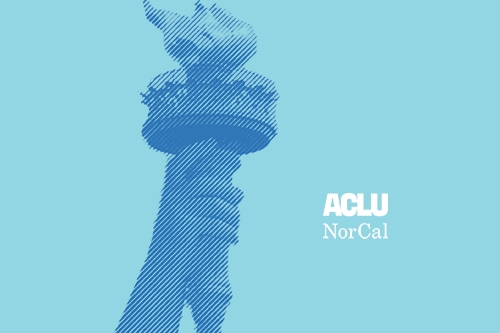Article Media

SAN FRANCISCO – A new process that allows people who have been placed on a gang injunction enforcement list to petition to have themselves removed by showing that they are no longer active gang members is a positive step, say ACLU of Northern California and LCCR attorneys, who today signed a Memorandum of Understanding with the San Francisco City Attorney. The agreement follows months of negotiation.
“We continue to have serious concerns with gang injunctions,” said ACLU-NC Legal Director Alan Schlosser. “They pose the danger of sweeping too broadly, and historically in California have had a disparate and stigmatizing impact on people and communities of color. However, since San Francisco has chosen to use gang injunctions, it is important to have a clear and transparent opt out process to provide hope to targeted individuals that these restrictions will not become a lifetime sentence.”
Concern over the permanence of gang injunctions was sparked when Los Angeles, which has over 50 gang injunctions, announced that no person had ever been removed from a gang injunction and the enforcement lists included people who had moved away or were deceased. The purpose of San Francisco’s opt out process is to ensure that people who have turned their lives around will be removed from the list.
“This opt out process will only be meaningful and effective if it is implemented fairly,” said Kendra Fox Davis, staff attorney for the Lawyers’ Committee for Civil Rights. “The LCCR and the ACLU-NC will continue to work with those community groups and defense lawyers who stepped up to challenge the injunctions—including the S.F. Public Defender—to monitor both police enforcement and the City Attorney’s implementation of the opt out process.”owe
The opt-out process will allow individuals who have been served with a gang injunction to prove that they are not active gang members. In considering petitions for removal, the City Attorney will take into account the applicant’s participation in positive social programs such as job training, violence prevention or education programs, as well as information that applicants include in their petitions from neighbors, teachers, coaches, clergy, social workers and probation, parole and police officers.
“If administered fairly, the opt-out process can encourage people to participate in positive community-based programs,” said Juniper Lesnik, ACLU-NC attorney. “But the City must provide funding and support for such programs, which we believe are a more effective means of making our neighborhoods safe than gang injunctions. “
The agreement will remain in effect for at least five years. The City Attorney has also agreed to conduct a periodic review every three years to see if an injunction is still necessary.
The following documents are available for review on the ACLU-NC website:
Memorandum of Understanding between the S.F. City Attorney's Office, the ACLU of Northern CA and the Lawyers' Committee for Civil Rights.
Notice about the opt-out process that will be provided to individuals who are placed on a gang injunction list.
Petition form to be used by persons living in the City of San Francisco who have been served with a Gang Injunction and who wish to be removed from the list.
Learn more:
Public Defenders Office, ACLU, and Lawyers Committee for Civil Rights Call for Gang Injunction Exit Process
